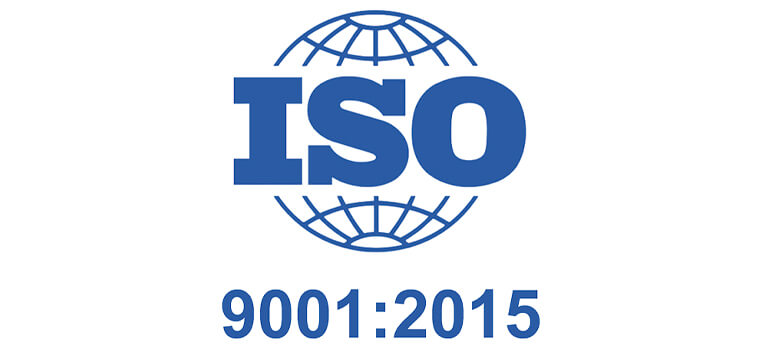
Determining the scope of the QMS is much important as it states the boundaries & applicability of the QMS. It also include permissible exclusions within the quality management system. By means of scope, one can get what covers within the quality management system.
ISO 9001:2015 requires determining boundaries and applicability of the QMS to establish the scope. Boundaries contains specific physical locations where you are going to implement quality management system. Physical location may be single location or multiple. Whereas, applicability holds which requirement(s) of ISO 9001 are not applicable to your organization. Determined scope will provide the base for further evaluation and audit process.
Apart from these considerations, standard also focus on following important factors while determining scope of the QMS:
- 1. Various external and internal issues
- 2. Various requirements of relevant interested parties
- 3. Your organization’s products and services
It is not uncommon that organization is willing to implement ISO 9001 just to reap ample benefits. So considering above listed factors one can easily identify and determine the appropriate scope for QMS.
Organization have to apply all the requirements of ISO 9001:2015 while implementation if they are applicable within the determined scope of the quality management system. One should look over size and criticality of the boundaries, before determining the scope. If your organization is too big to manage system, you may implement QMS to a specific department or area of the organization. Standard does not refer to “exclusions” in relation to the applicability of its requirements to the organization’s quality management system. Nevertheless, an organization can review the applicability of requirements due to the size or complexity of the organization, the management model it adopts, the range of the organization’s activities and the nature of the risks and opportunities it encounters.
If your organization determines that any specific requirements from ISO 9001 standard is not applicable, then you should provide appropriate justification. Such justification should comprise of valid reasons that why particular requirement is not applicable to your organization. Determined scope and justification (if any) both should be available as a documented information. As we know that scope can get change over a period and so it should be updated s and when changed required. One important thing that one needs to focus is, exclusion of any requirement for applicability should not affect intended outcomes and conformity of products and services. Generally organizations includes every processes within the scope, even though for example several industries who are not dealing with design and development of products and services can definitely exclude requirements of clause 8.3 of ISO 9001:2015.
ISO 9001 certification gives lift to the brand image and hence business, it is much important to determine clear and succinct scope of the quality management system. Plainly defined scope abolish the ambiguity to any external bodies like certification body and their auditors or any interested party.

